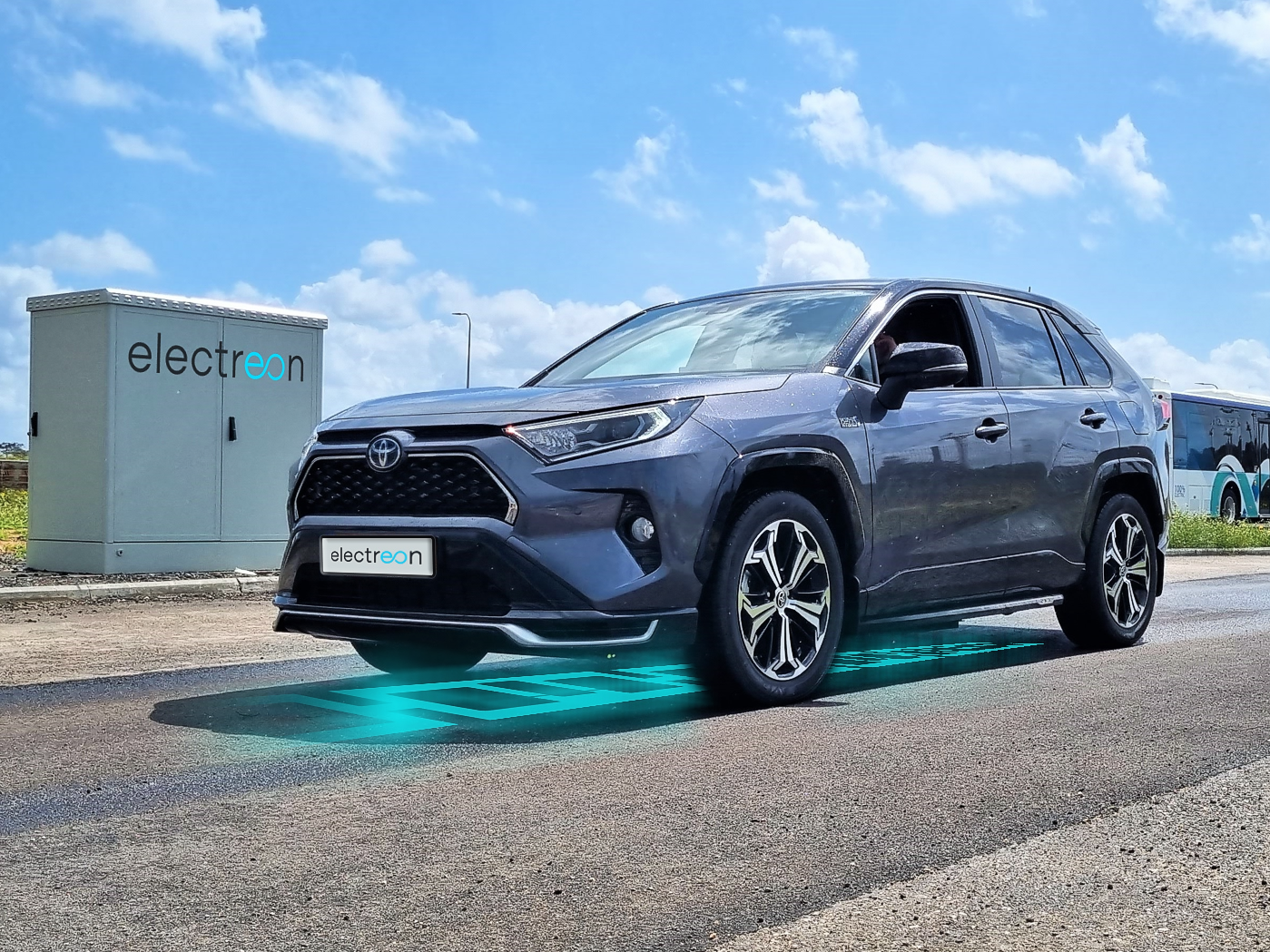Electric cars could save more than 100,000 lives, study claims
Targets to ban fossil fuel car sales by 2035 could also result in 3 million fewer asthma attacks

Your support helps us to tell the story
From reproductive rights to climate change to Big Tech, The Independent is on the ground when the story is developing. Whether it's investigating the financials of Elon Musk's pro-Trump PAC or producing our latest documentary, 'The A Word', which shines a light on the American women fighting for reproductive rights, we know how important it is to parse out the facts from the messaging.
At such a critical moment in US history, we need reporters on the ground. Your donation allows us to keep sending journalists to speak to both sides of the story.
The Independent is trusted by Americans across the entire political spectrum. And unlike many other quality news outlets, we choose not to lock Americans out of our reporting and analysis with paywalls. We believe quality journalism should be available to everyone, paid for by those who can afford it.
Your support makes all the difference.The transition to electric vehicles could save more than 100,000 lives in the US by 2050, according to a new study.
Switching from fossil uel-burning to zero-emission vehicles would also result in 3 million fewer asthma attacks, the American Lung Association reported on Wednesday, provided that no more gas cars are on the road by 2035.
Combined with cleaner electricity generation through renewable sources like solar and wind, this could generate over $1.2 trillion in public health benefits over the next quarter of a century.
The report calculates what health impacts the emissions reduction would have on people living near busy roads or near electricity generation with unacceptable doses of toxic air pollution.
“These benefits would take the form of avoiding up to 110,000 premature deaths, along with nearly 3 million asthma attacks and over 13 million workdays lost due to cleaner air,” the report stated.
“Policies and investments must prioritise low-income communities and communities of colour that bear a disproportionate pollution burden. State and local jurisdictions should act to implement policies as soon as possible.”
The report also notes that such a swift transition would avoid “even more dire consequences of climate change” on a global scale.
Many countries have already made commitments to ban the sale of fossil fuel vehicles over the coming years in order to meet climate targets, while several major automotive companies have announced that they will stop manufacturing them.
The US and China, which represent the two biggest car markets, have targets of 100 per cent zero-emission vehicle sales by 2040, similar to the UK and Europe.
Despite these targets, only 4.6 per cent of cars sold in the US in 2021 were electric, according to figures from the US Bureau of Labor Statistics.
In the UK, a recent surge in electric car sales saw them surpass sales of new diesel cars for the first time last year.


Join our commenting forum
Join thought-provoking conversations, follow other Independent readers and see their replies
Comments